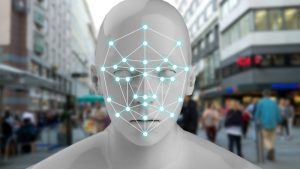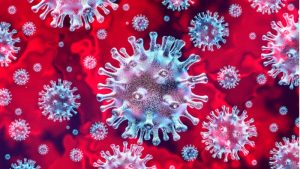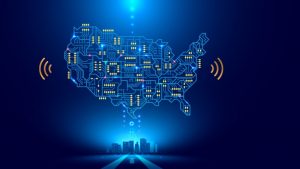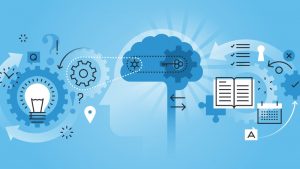New bicameral legislation was introduced aimed at stopping government use of facial recognition and other biometric technology.
As the COVID-19 coronavirus continues to change daily life, both the public and private sectors have stepped up with tech innovations to ease the transition and save lives. The speed of these innovations, however, seemingly outpace our ability to keep up with what new tech is available.
As a part of its CHARIot Challenge, the National Institute of Standards and Technology (NIST) is launching Internet of Things (IoT) and augmented reality (AR) challenges to improve public safety communications for first responders.
Sixteen Democratic senators, led by Sen. Ron Wyden, D-Ore., are requesting more funds for the General Services Administration (GSA) Technology Transformation Service (TTS) and the United Stated Digital Service (USDS) to upgrade COVID-19 coronavirus economic relief tech at the state and local levels.
The American Civil Liberties Union (ACLU) and the ACLU of Maryland filed suit against the Baltimore Police Department over the aerial surveillance program approved by the city’s financial board April 1 in a divided vote.
The Senate Commerce, Science, and Transportation Committee today approved legislation on broadband connectivity, protecting the public from online scams, and promoting industries of the future at a markup session March 11.
The National Association of State Chief Information Officers (NASCIO) released the State CIO Top 10 Priorities for 2020 on Dec. 11.
U.S. Election Assistance Commissioner Thomas Hicks said on Dec. 3 that election security in the U.S. is “light years” ahead of where it was in 2016, but also emphasized there’s plenty more to do to ensure good security for the 2020 election cycle.
The National Association of State Chief Information Officers (NASCIO), the Center for Digital Government (CDG), and IBM released a study today on artificial intelligence (AI) trends among state IT executives.
The U.S. Chamber of Commerce’s Technology Engagement Center and the Center for Global Regulatory Cooperation (GRC) released 10 policy principles to govern the use of and regulate artificial intelligence (AI) on Sept. 23.












